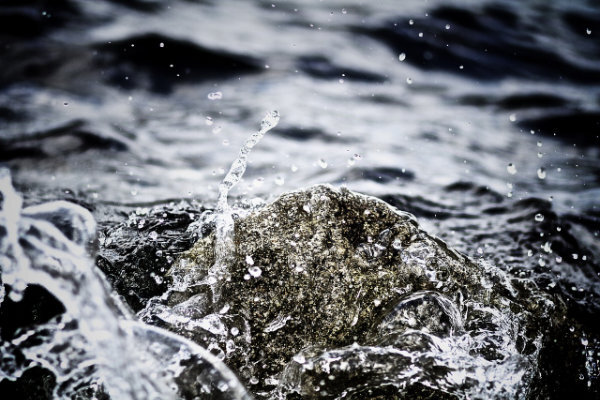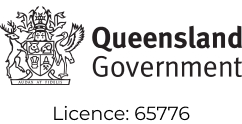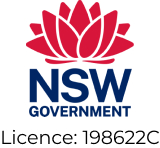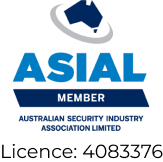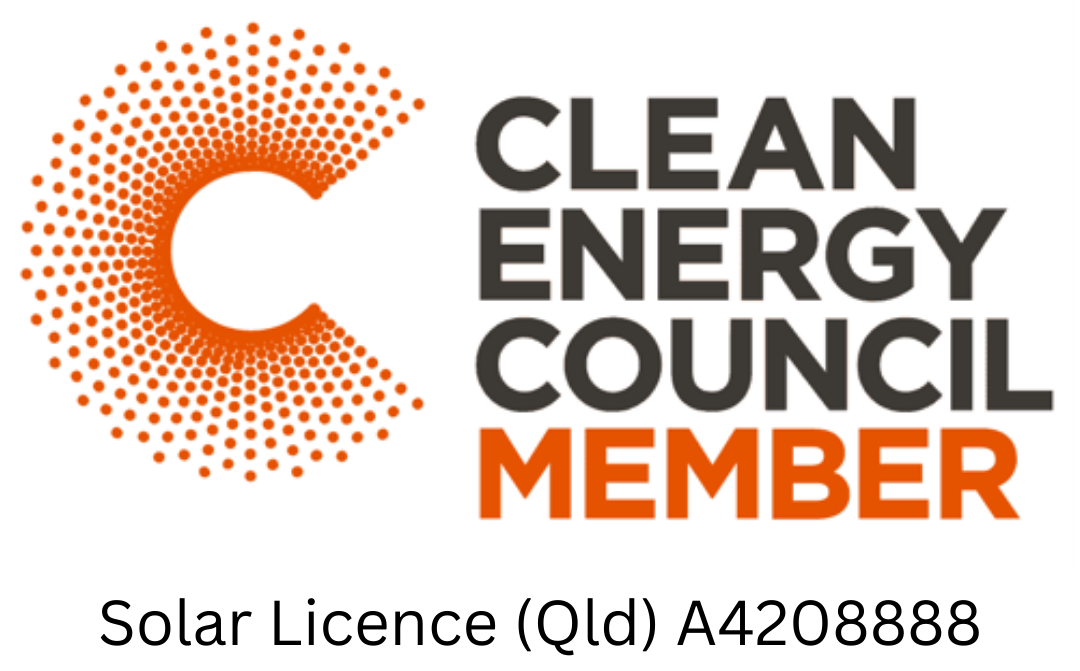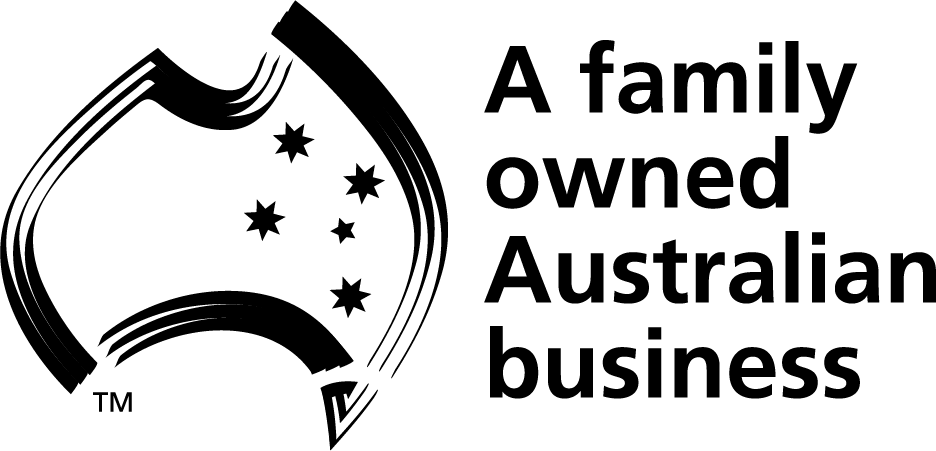12 August 2019
New flushable wipes testing hopes to reduce blocked drains
Just in case you’ve missed the ongoing media about how flushable wet wipes are creating huge problems for councils, water authorities, and homeowners across the country, they’ve hit the news again.
Councils, water treatment utilities, and consumer groups, including Brisbane’s Luggage Point Resource Recovery Centre, have been carrying out ongoing testing in the hope of proving conclusively that these so-called ‘flushable’ wet wipes don’t actually break down in the sewer system as manufacturers claim they do.
The research will be used to create an industry standard that can be utilised to classify wet wipe products and brands as ‘safe to flush’ or not. However, even when implemented these standards will only be voluntary.
The problem is not only an Australian one, many cities across the world are also struggling with the wet wipe issue. Toronto recorded up to 10,000 calls a year in the last 8 years from residents with sewer blockages. With Canadian authorities footing a bill of around $250 million to clear drain clogs each year.
The discovery of a monster fatberg in London sewers in 2017 shocked the world with its estimated weight equal to 11 double-decker buses. More recently the 64-metre long clog discovered earlier this year in the quaint English seaside village of Sidmouth proved that this was not just a big city problem.
Our homegrown Brisbane fatberg removed from a sewer drain in Bowen Hills last year was so big it needed a crane to remove it.
Unfortunately for Queensland councils, as well as thousands across the world, this is not an uncommon occurrence anymore.
Some countries have already set Codes of Practice or industry guidelines for the labelling of ‘flushable’ wipes. However, due to the voluntary nature of these many of these guidelines many water treatment authorities are struggling to get manufacturers to make the ‘Do not flush’ labelling easily visible or even displayed on packaging at all.
Unfortunately, the environmental impact of wet wipes is not restricted to sewers. Many wipes are making their way onto beaches, turning up in playgrounds, and lining the sides of rivers. The plastic fibres contained in the wipes can travel into waterways and where they can be consumed by sea life in the area, potentially ending up in fish or seafood caught for human consumption.
Fish and chips with a side of wet wipe anyone? Gross we know, but the gentle approach just doesn’t appear to be getting through to consumers who seem to be blinded by the marketing and convenience of these products.
It could be easy to dismiss this issue with a ‘doesn’t affect me’ attitude, but our plumbing and drainage team are called out on a regular basis to clear drains clogged with mini fatbergs in the plumbing systems of homes across Brisbane and the Gold Coast.
Also, councils and water authorities footing the hefty one million dollar plus bill each year to clear mains sewer drains won’t be absorbing the costs out of the kindness of their hearts, they’ll be passing them on to ratepayers. So even if you’re not blocking up your own drains you’ll be paying to clear the city’s sewer systems whether you flush or not.
Ultimately the solution is in the hands of consumers like you.
Choose not to use, and definitely not to flush.
Read the full article on the Brisbane wet wipe testing project here – abc.net.au
Refs – https://www.bbc.com/news/uk-england-beds-bucks-herts-45200484 , https://www.bbc.com/news/uk-46188354 , https://www.forbes.com/sites/jeffkart/2019/04/10/study-results-dispose-of-your-flushable-wipes-in-the-garbage/#7a5252821583
Suggested articles
No articles found
